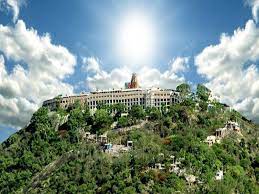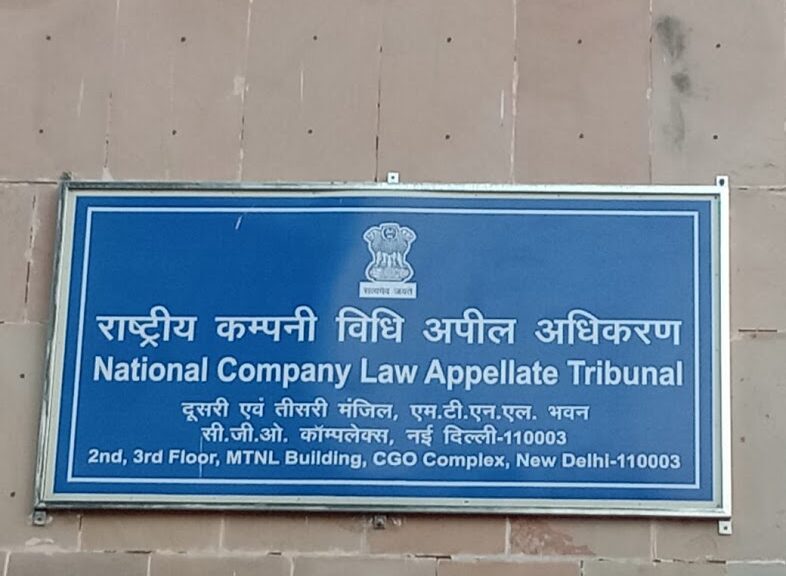
Madras High Court orders the Tamil Nadu government to restrict entry of non-Hindus in Palani Temple
Last Updated on January 31, 2024 by News Desk
Madras High Court recently directed the Tamil Nadu government and the State Hindu Religious and Charitable Endowments (HR&CE) Department to ensure non-Hindus are not allowed to enter beyond the flagpole area of the Palani temple (Arulmigu Dhandayuthapaniswamy Temple) and its sub-temples in Tamil Nadu.
It further asked the state government to install boards in all Hindu temples indicating “non-Hindus are not allowed inside the temple after Kodimaram” – at the entrance of the temples, near the flagpole and at prominent places in the shrine.
A bench led by Justice S Srimathy observed that the temples are not picnic spots and Hindu community too has the right to practice their religion without any interference. It also directed that if any non-Hindu wishes to visit the temple needs to submit a written undertaking stating that he believes in the religion, its customs and its deities.
“The respondents are directed not to allow the non-Hindus who do not believe in Hindu religion. If any non-Hindu claims to visit a particular deity in the temple, then the respondents shall obtain an undertaking from the said non-Hindu that he has faith in the deity and he would follow the customs and practices of the Hindu religion and also abide by the temple customs and on such undertaking, the said non-Hindu may be allowed to visit the temple” the court stated.
The court was hearing a plea filed by D Senthilkumar, organiser of Palani Hill Temple Devotees Organisation, seeking directions from the court for the installation of such prohibitory boards and signages.
The plea stated that a Muslim family with several women in “Burquas,” had purchased tickets at the winch station to go to the Palani hilltop, the temple’s premises. After the authorities tried stopping them, they argued that there was no board barring the entry of non-Hindus. The family wanted to go to the hilltop to click pictures.
The state on the other hand contended that installing such boards will lead to unrest in the society and might hurt the sentiments of non-hindus.
The court refused to accept the state’s contention and said, “If the non-Hindu who declines to follow the customs and practices of the Hindu religion and decline to follow the temple customs is allowed inside the temple, it would affect the sentiments of the large number of Hindus who practices the faith as Hindu reverently”
The Court further issued the following directions:
1. The respondents are directed to install Boards indicating that “Non-Hindus are not allowed inside the temple after Kodimaram” at the entrance of the temples, near Kodimaram and at prominent places in the temple.
2. The respondents are directed not to allow the non-Hindus who do not believe in the Hindu religion.
3. If any non-Hindu claims to visit a particular deity in the temple, then the respondents shall obtain an undertaking from the said non-Hindu that he is having faith in the deity, and he would follow the customs and practices of Hindu religion and also abide by the Temple customs and on such undertaking the said non-Hindu may be allowed to visit the temple.
4. Whenever a Non-Hindu is allowed based on the undertaking the same shall be entered in the register which shall be maintained by the temple.
5. The respondents shall maintain the temple premises by strictly following the agamas, customs and practices of the temple.
Case title: D. Senthilkumar v Government of Tamil Nadu
Written by Shagun Behal




